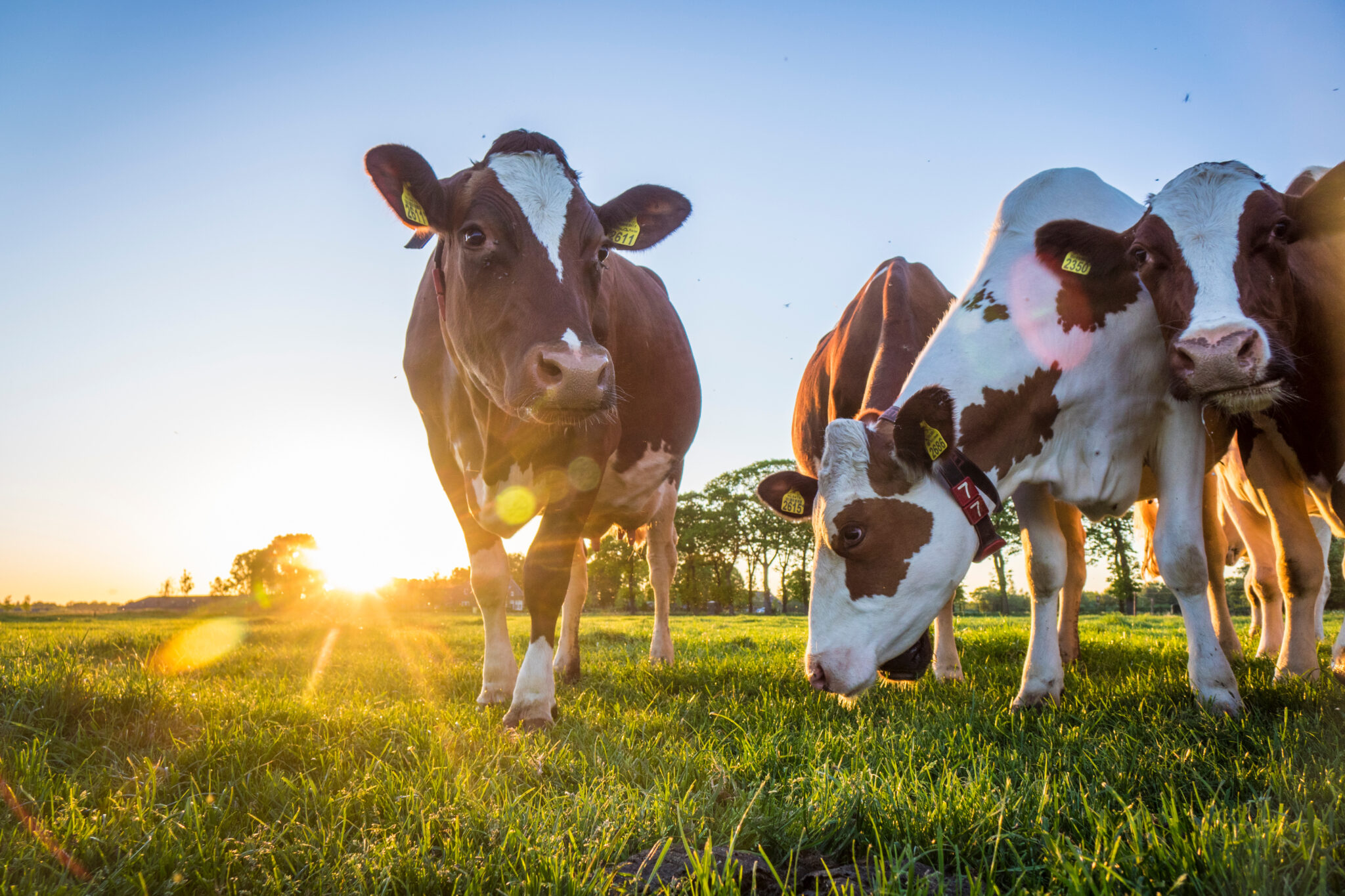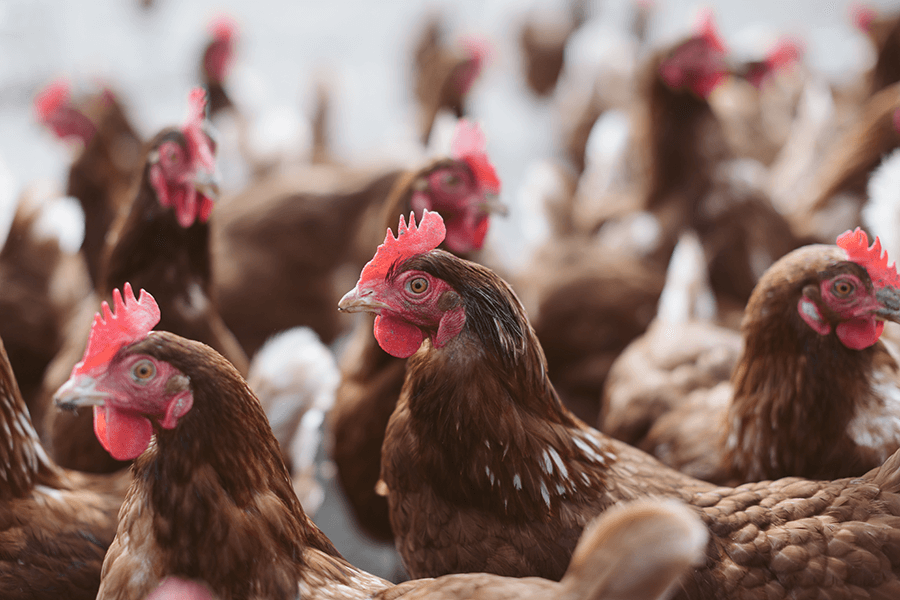Castle Water is the UK’s most trusted water supplier, with more five-star reviews than any other provider in the market. Agricultural businesses choose Castle Water for dependable service, accurate billing, and expert support that understands the unique challenges of rural infrastructure.
Our data-led approach helps identify inefficiencies, prevent waste, and reduce cost, building long-term resilience for those looking for improved water management in agriculture. Whether you’re running arable, dairy, or mixed farming operations, we deliver solutions tailored to your needs.
Water quality and efficiency are critical challenges for UK farmers, but there’s support available. Government schemes like the Water Capital Grant, Countryside Stewardship, and the Sustainable Farming Incentive offer financial help to improve infrastructure, protect water sources, and enhance environmental practices on farms. These initiatives are designed to make sustainable water management more accessible and financially viable.
In addition to government support, many water retailers offer tailored services for the agricultural sector. At Castle Water, we provide farmers with expert advice, competitive rates, and essential tools like leak detection and trade effluent services. By taking advantage of these schemes and services, farms can reduce costs, minimise environmental impact, and improve overall efficiency.
Read our article to find out more about support schemes to support your agricultural business
At Castle Water, we understand the specific demands that farming and agriculture place on water supply. Whether you’re operating a smallholding, a large estate, or a multi-site agribusiness, our tailored commercial water management in agriculture will support your need for reliability, sustainability, and cost-efficiency.
Our services are built around the day-to-day needs of rural customers, from livestock and irrigation to produce processing and biosecurity. With accurate billing, dedicated support, and expert insight into agricultural usage patterns, we make water management simple, so you can focus on running your business.
Castle Water supports farms and agribusinesses across all sectors of UK agriculture.



Water quality and efficiency are critical challenges for UK farmers – but there’s support available. Government schemes like the Water Capital Grant, Countryside Stewardship, and the Sustainable Farming Incentive offer funding to help improve infrastructure, protect water sources, and enhance environmental practices on farms. These initiatives are designed to make sustainable water management more accessible and financially viable.
In addition to government support, many water retailers offer tailored services for the agricultural sector. At Castle Water, we provide farmers with expert advice, competitive rates, and essential tools like leak detection and trade effluent services. By taking advantage of these schemes and services, farms can reduce costs, minimise environmental impact, and improve overall efficiency.
Castle Water delivers a range of services designed to support agricultural water management and the unique challenges of farming and rural business. From managing unpredictable consumption patterns to protecting your operation during supply interruptions, our services are built around reliability, resilience and real-time insight, helping you stay efficient and compliant, no matter the conditions.
Identify areas of excess use across irrigation, livestock, or cleaning processes. Our audits highlight where you can save water and cut costs without disrupting operations.
Monitor water use in real time across remote meters. AMR helps you detect leaks fast, manage consumption, and avoid unexpected bills, no manual readings required.
Supply interruption? We can deliver bottled or tankered water to protect livestock, crops, and equipment – keeping your farm operational when it matters most.
One invoice for all your meters. Simple, clear, and ideal for multi-site farms or estates looking to streamline admin and cashflow.
Resolve hidden issues fast with proactive leak detection and repair support designed to minimise disruption and avoid costly damage.
From dairy washdown to produce handling, we help manage discharge consent and compliance – reducing risk while keeping your site running smoothly.
Explore our latest blogs for practical advice on cutting water costs, boosting efficiency, and making informed agricultural water management decisions. Our resources include best water conservation practices for sustainable agricultural growth, covering strategies like cover crops and soil health improvement.
Farms face rising pressure from unpredictable weather, tightening environmental regulations, and increasing demand for water from other sectors. Managing consumption across irrigation, livestock, and cleaning processes can be complex – especially with remote infrastructure and limited access to real-time data. Leaks often go undetected for weeks, and inaccurate billing from poor meter reads remains a major issue for rural sites.
Effective conservation starts with understanding where and how water is being used. Installing automated meter reading (AMR) helps monitor usage in real time and identify waste. On the ground, switching to efficient irrigation techniques like drip systems, maintaining infrastructure, capturing rainwater, and scheduling watering at cooler times of day all make a measurable difference. Regular audits can also reveal savings opportunities without compromising output.
Technology gives farmers the tools to take control of water use. AMR systems provide live data that helps spot leaks, track usage trends, and plan more effectively. Smart irrigation tech enables precise water delivery based on crop needs and weather conditions. Paired with detailed reporting and remote monitoring, these tools allow farms to reduce waste, lower bills, and support long-term sustainability.
The key is to plan ahead. Having an emergency supply agreement in place ensures quick access to bottled or tankered water when needed. Farms should also regularly inspect infrastructure, store contingency supplies where possible, and identify critical points of failure. Castle Water offers emergency support and guidance to help ensure operations, and animal welfare, aren’t put at risk during an outage.
Since the retail market opened in 2017, farms now have the freedom to choose their water supplier, but many are still paying over the odds. Fixed charges and volumetric rates vary widely between retailers. The trend is moving towards smarter, data-led pricing and tailored contracts. Farmers who switch to a retailer like Castle Water often see lower costs, more accurate billing, and improved support, especially where usage is seasonal or high volume.
Drought conditions can place extreme pressure on agricultural operations – from reduced irrigation capacity to risks around livestock hydration and hygiene. Water scarcity can slow growth, reduce yields, and put animal welfare at risk. It can also increase reliance on mains supply at a time when demand is already high.
Groundwater is water stored beneath the earth’s surface in soil and rock layers. In farming, it’s often accessed via boreholes and used for irrigation, livestock, or cleaning processes – especially in areas without reliable mains access.

We work directly with farms, estates, and rural businesses to deliver cost savings, improve water efficiency, and ensure a reliable supply across your site. Whether you run a single farm or a multi-site agribusiness, we’ll make switching straightforward and hassle-free.
Fill in a few simple details to get an instant online quote today.